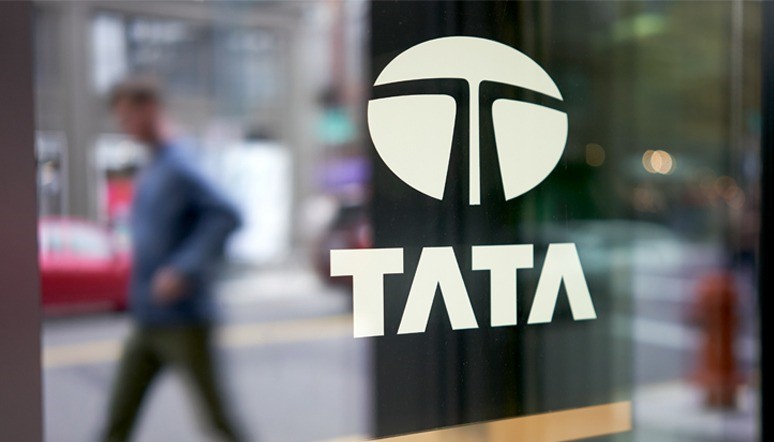Introduction
In a significant cost-cutting effort, Tata Trusts has initiated an internal restructuring process aimed at streamlining expenses and enhancing governance. This overhaul, led by an internal audit and financial review, reveals a substantial rise in costs, particularly staffing expenses. The restructuring aims to redirect resources towards core philanthropic missions while ensuring efficient governance. Here’s a deep dive into the changes at Tata Trusts and what they signify for the organization’s future.

Why Tata Trusts Is Streamlining Costs
Tata Trusts, one of India’s oldest and most respected philanthropic organizations, is renowned for its vast contributions across sectors, including healthcare, education, and rural development. However, a recent audit highlighted rising costs, prompting an internal restructuring to ensure sustainable operations.
The primary drivers for this shift include:
- Increased Staffing Costs: An internal review found that staffing costs surged to an estimated ₹180 crore, with workforce-related expenses reaching a total of ₹400 crore in the years before 2022.
- Direct Implementation Expenses: Additional expenses associated with direct implementation projects – where the Trusts work directly with contractors – contributed to the rising cost structure. These projects will now be limited to necessary obligations, streamlining financial outflows.
5 Key Changes in Tata Trusts’ Restructuring Strategy
To address these cost concerns, Tata Trusts has implemented the following measures:
- Elimination of CFO and COO Roles: The roles of Chief Financial Officer (CFO) and Chief Operating Officer (COO) have been removed, streamlining management and reducing executive payroll costs. This move is expected to bring leaner operations and faster decision-making within the Trusts.
- Reduced Dependency on External Consultants: Another significant step is the decreased reliance on external consultants. By tapping into in-house resources and expertise, Tata Trusts aims to achieve cost savings without compromising the quality of its programs and initiatives.
- Minimization of Direct Implementation Projects: Direct implementation projects, where Tata Trusts conducts initiatives directly through contractors, will be minimized. Moving forward, such projects will only be executed to fulfill essential obligations, enabling the organization to allocate more funds to impactful philanthropic efforts.
- Enhanced Governance Under CEO Siddharth Sharma: The cost-saving measures at Tata Trusts are being executed under the vigilant oversight of Chief Executive Officer Siddharth Sharma. Sharma has been tasked with implementing a robust governance structure that allows for continuous monitoring, ensuring that the Trusts maintain accountability and effectiveness.
- Focus on Core Philanthropic Missions: By prioritizing essential projects, Tata Trusts plans to redirect resources to critical areas of need in education, healthcare, and rural development, ensuring a lasting and high-impact legacy.
Impact of the Restructuring on Tata Trusts’ Mission and Disbursals
The restructuring at Tata Trusts underscores a critical shift toward a more sustainable and mission-focused approach to philanthropy. By reducing operational costs, the Trusts can reinvest the savings into initiatives that make a measurable impact on the ground. In FY23 alone, Tata Trusts reported disbursals of ₹456.42 crore, highlighting its commitment to funding diverse projects across India.
Noel Tata’s appointment as chairman marks a new era for the Trusts, with a firm emphasis on efficiency and the prudent use of resources. Though the cost-cutting initiatives were set in motion before his tenure, Noel Tata’s role is anticipated to bring additional insights into achieving sustainable growth for the organization.
The Way Forward for Tata Trusts
The ongoing cost reduction measures at Tata Trusts signify a pivotal moment for the organization. Here’s what to expect going forward:
- Resource Realignment: The Trusts will direct more resources towards its core areas, such as education, healthcare, and rural upliftment, reinforcing its mission of societal impact.
- Optimized Workforce: The minimization of senior roles and a reduced consultant pool will pave the way for a more efficient and focused workforce.
- Enhanced Project Selection Criteria: The Trusts may further refine the criteria for project selection, ensuring that only those with high impact potential and alignment with their mission receive funding.
Frequently Asked Questions (FAQs)
- What prompted Tata Trusts to initiate this restructuring?
The restructuring was prompted by an internal audit that highlighted rising staffing and project costs. By streamlining operations, Tata Trusts aims to reduce expenses and direct more funds towards core philanthropic initiatives. - How will the elimination of CFO and COO roles affect Tata Trusts?
The removal of these roles will streamline the management structure, leading to faster decision-making and reduced executive payroll costs. - What changes can be expected in Tata Trusts’ philanthropic initiatives?
Tata Trusts is expected to focus on essential projects that align closely with its mission, potentially reducing the number of direct implementation projects and concentrating on high-impact areas. - Will Tata Trusts continue using external consultants?
Yes, but to a significantly lesser extent. The Trusts plan to leverage in-house expertise to reduce dependency on consultants, thereby saving costs while maintaining program quality. - What is the outlook for Tata Trusts under Noel Tata’s leadership?
Under Noel Tata’s leadership, the Trusts are anticipated to enhance their mission-driven approach with a renewed focus on efficiency, sustainability, and impactful philanthropy.
Conclusion
Tata Trusts’ cost-cutting strategy represents a thoughtful shift towards financial sustainability while staying true to its philanthropic roots. With a leaner management structure, decreased reliance on external consultants, and the efficient allocation of resources, Tata Trusts is positioned to continue making significant contributions to India’s social and economic landscape.
The restructuring reflects the Trusts’ commitment to enduring impact, reaffirming its mission to build a better society while ensuring every rupee is spent with purpose and transparency.



